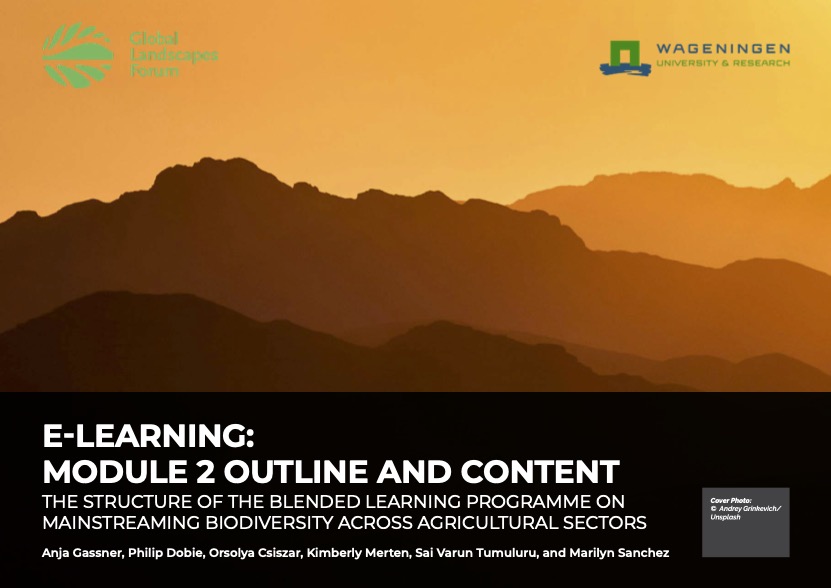The recent reframing of global biodiversity policy from (unsuccessfully) dealing with ‘underlying causes’ to focusing on spatial allocations and planning implies renewed urgency of reconciling goal-oriented spatial planning of rights to use land and water with harmony-oriented ‘co-production’ by the relevant stakeholders. Current understanding of spatial and temporal variation in the balance between goal-oriented instrumental and harmony-oriented relational values of nature recognizes different decision-making styles. Taking Indonesia and Vietnam as examples, we explored how current tools and processes of land-use planning for multiple environmental services (LUMENS) deal with that balance, and what further steps may be needed to meet current expectations, across all sustainable development goals in a mega-diverse country with an export-oriented economy and its changing norms. So far, relational values are expressed primarily as stakeholder preferences through the ‘co-production’ process, consultations, and priority setting, while instrumental values and economic multipliers are formally presented.
DOI:
https://doi.org/10.1016/j.cosust.2023.101333
Dimensions Citation Count:























